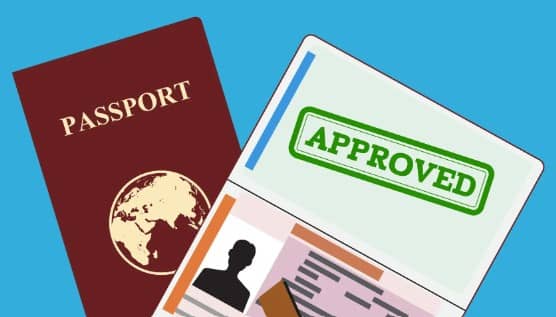Traveling to Cameroon offers a rich and diverse experience,
historical sites.
Required documents for a Cameroonian visa depend on the type of visa
historical sites.
Visiting Cameroon can be an incredibly rewarding experience, offering a deep..
Visiting Cameroon
Cameroon, often called Africa in miniature, offers a diverse range of tourist destinations.
Travel Destination
Cameroon's cultural and historical fabric is incredibly rich and complex
Cultural And History
Planning a travel budget for Cameroon requires careful consideration.
historical sites.
Cameroon has significant tourism potential, with its diverse landscapes.
historical sites.
When traveling to Cameroon, understanding the local currency and money.
historical sites.
Cameroon boasts an impressive network of National Parks and protected areas
historical National Parks.
Visa support for Cameroon can refer to a few different things, depending on what.
Travel Support.
Traveling and Visiting Africa Countries Links
visiting African countries can be an incredible experience — the continent is rich in culture, history, Nature & Wildlife, and vibrant cities, Beaches & Islands. Culture, History & Cities, Music, Food & Vibe. Animal Safari
North Africa Visa Processing
North Africa Visa Process
Visa processing requirements and procedures for North African countries vary based on nationality, the purpose of travel, and the specific country’s policies. Here is a detailed guide for the visa process in North Africa, covering Algeria, Egypt, Libya, Morocco, Sudan, and Tunisia:
East Africa Visa Process
- Apply Visa Online
- Visa Requirements
- Visa-Information
- Visa Services
- Visa Validity
- Visa Extensions
- Visa Restrictions
- Visa Types
- Visa Destinations
- Visa Policy
- Visa Applicants
- Visa Exit
- Visa Photo
- Visa Refusal
- Visa Support
- Immigration Visa
- Transit Visa
- Visa Interview
- Visa On Arrival
- Tourist Visa
- Persona non grata
- Criminal record
- Citizenship
- Biometrics
Visa Information
Travel Visa
- Africa Travel-Package
- Algeria Visa
- Angola Visa
- Benin Visa Information
- Botswana Visa Information
- Burkina Faso Visa
- Burundi Online Visa
- Cameroon Visa Information
- Cape Verde Visa
- Djibouti Visa
- Egypt Visa Information
- All Visa Information
- All Visa Information
- Ethiopia Visa Information
- Gabon Visa
- Ghana Visa
- Ivory Coast Visa
- Kenya Visa Information
- Malawi Visa Online
- Morocco Visa
- Mozambique Visa
- Niger Visa
- Nigeria Business Visa
- Nigeria Tourist Visa
- Rwanda eVisa Online
- Sierra Leone Visa
- South Africa Visa
- Tanzania Visa Online
- Togo Visa
- Tunisia Visa
- Uganda Visa
- Zambia Visa
- Zimbabwe Visa Information
Checki Visa-Free and Regional Agreements:
- Vaccination Required
- Travel Health
- Travel-itinerary
- Travel Passport
- Police Contacts
- Passport - Latin
- Jobs in Africa
- Travel Insuranc
- Immigrations
- ECOWAS
- International movement
- Business In Africa
- Africa Currency
- Coronavirus
- Network, Advertise
- Animal Safari
- Weather In Africa
- Travel Advisory
- Currency Rate
- Travel Restriction
- Africa Travel Package
- Airport pick up service
- Popular-Restaurant
- Checking Hotels
- National Parks-in Africa
- MTN mobile
- Glo products
- Airtel mobile
- Immigration
- Insurance Online
- View Destinations
- Places in Africa
- Coronavirus in Africa
- travel-preparation





 t
t
 f
f
 I
I